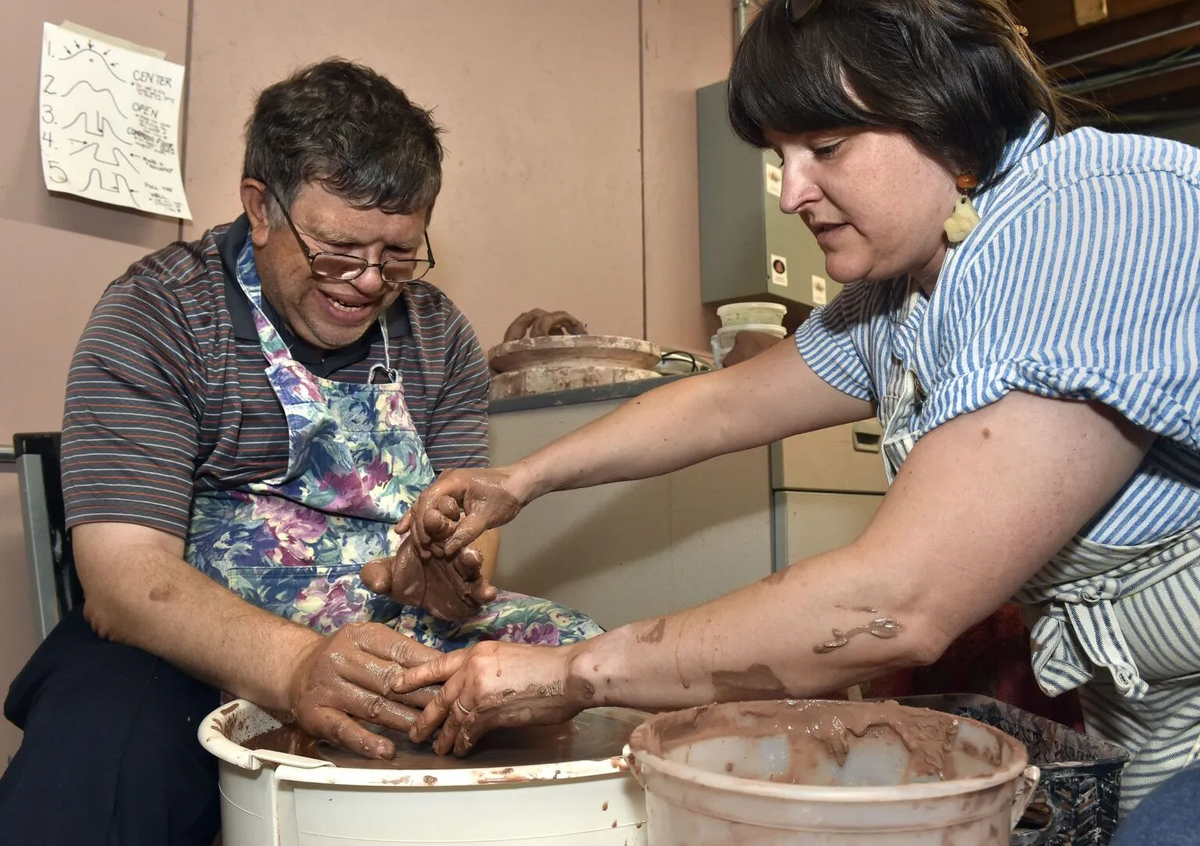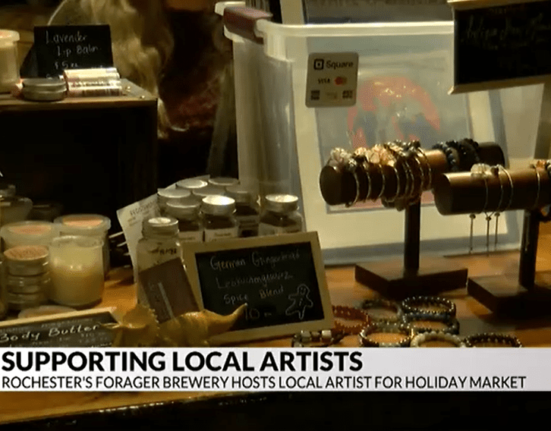But advocates worry the state’s plan will make it harder for people with developmental disabilities and their families to get the level of service they need.
They view a needs assessment that the state plans to conduct as a way to prevent Nebraskans from receiving the comprehensive services they’ve already been deemed eligible for.
“It isn’t eliminating the waitlist – it’s changing eligibility for those services. So you’re not on a waitlist, you just don’t qualify,” said the Nebraska Association of Service Providers’ Schriver, who has a child with developmental disabilities. “To say that’s eliminating the waitlist is really a manipulation of the public.”
That’s not the only issue raising concern among providers.
On Monday DHHS announced it was pausing implementation of new billing verification requirements for certain providers. The requirements, which DHHS said are federally mandated and intended to prevent fraud, spurred an injunction filing from the Nebraska Association of Service Providers, which argues they’re overly restrictive and could lead to people with disabilities losing services.
DHHS said the pause will help ensure a smooth transition.
New day
Scholz and Snyder knew what they needed to do the moment the Feb. 28 phone call ended. Live Yes could not close, they agreed. They wouldn’t let it.
“I think Micah and I both decided no matter what, we’ve got to figure out how to stay open. … This community can’t lose this place,” Scholz said.
March was a blur of meetings. They explored merging with an existing service provider. Ultimately they chose to go out on their own.
“We’ve talked about running the place for so long,” Scholz recalled. “This is kind of our chance.”
In a few short months, they would need to become a standalone nonprofit, keep the staff on board, get approval through Medicaid, raise money to bridge the inevitable funding gap and find a new home – all while continuing to operate through June 30.
Roper, the board member, helped them find a new location. He connected them with Adam Morfeld, an attorney and former state lawmaker, who helped them with the nonprofit paperwork. That led to a connection with Connie Duncan, an independent consultant and member of the Lincoln Public Schools Board of Education, who helped them fundraise. Autism Center of Nebraska, one of the providers that Live Yes considered merging with, showed Snyder and Scholz the ropes of being a standalone service provider.







